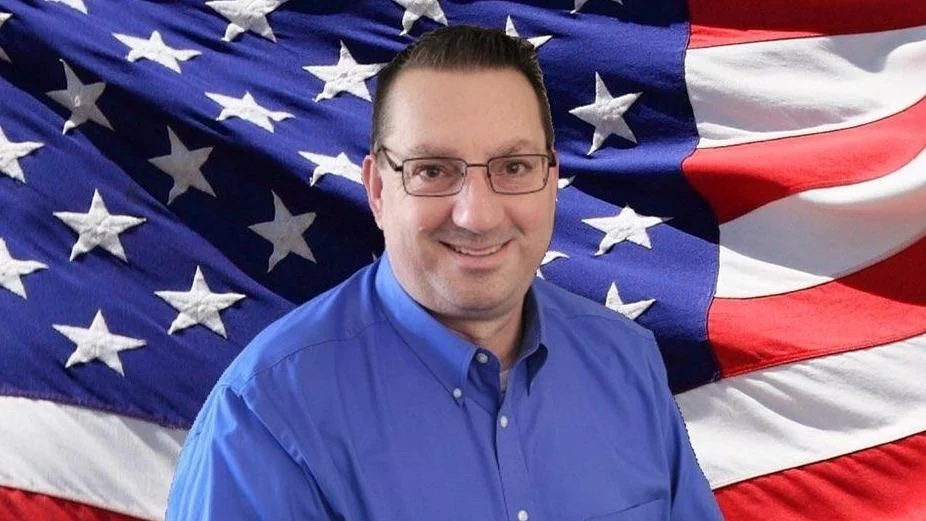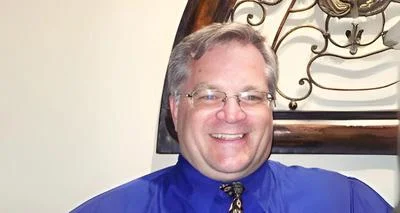Dave Maxey, Wisconsin State Representative for 83rd District | Facebook
Dave Maxey, Wisconsin State Representative for 83rd District | Facebook
According to the Wisconsin State Legislature's official website, the bill was described as follows: "local guaranteed income programs".
The following is our breakdown, based on the actual bill text, and may include interpretation to clarify its provisions.
In essence, this bill prohibits local governments in Wisconsin, including cities, villages, towns, and counties, from using any of their funds to provide payments to individuals under a guaranteed income program. A guaranteed income program is defined as one in which individuals receive regular, unearned cash payments that can be used for any purpose. The bill specifies that programs requiring individuals to work or attend training do not fall under this definition. The restriction applies to all funds, including those obtained through taxes, fees, or state-shared revenue payments.
The bill was co-authored by Senator Steve L. Nass (Republican-11th District), Representative Scott Allen (Republican-82nd District), Representative Elijah R. Behnke (Republican-6th District), Representative Robert Brooks (Republican-59th District), and Representative Barbara Dittrich (Republican-99th District). It was co-sponsored by Senator Van H. Wanggaard (Republican-21st District), along with seven other co-sponsors.
Dave Maxey has co-authored or authored another 58 bills since the beginning of the 2025 session, with none of them being enacted.
Maxey graduated from Waukesha County Technical College in 2002 with an AA.
Maxey, a Republican, was elected to the Wisconsin State Assembly in 2025 to represent the state's 83rd Assembly district, replacing previous state representative Nik Rettinger.
In Wisconsin, the legislative process starts when a senator, constituent, group, or agency proposes an idea for a bill. After drafting, the bill is introduced, numbered, and referred to a committee for review and public input. If approved, it moves through three readings and votes in both the Senate and Assembly. Once both chambers pass the same version, the bill goes to the governor, who can sign it, veto it, or let it become law without a signature. Only a small share of bills introduced each session ultimately become law. You can learn more about the Wisconsin legislative process here.
| Bill Number | Date Introduced | Short Description |
|---|---|---|
| AB165 | 04/08/2025 | Local guaranteed income programs |
| AB160 | 04/02/2025 | Eliminating daylight saving time in Wisconsin |
| AB157 | 04/02/2025 | Prohibiting filing or recording contracts for services or materials that do not improve real estate and providing a penalty. (FE) |
| AB146 | 03/17/2025 | Requests for information from employers about unemployment insurance claims |
| AB143 | 03/17/2025 | Allowing an unlicensed person to use a motor vehicle and providing a penalty |
| AB81 | 02/28/2025 | Excluding expenditures funded by referenda from shared costs for the purpose of determining equalization aid for school districts. (FE) |
| AB70 | 02/24/2025 | A disclaimer of parental rights and payments allowed in connection with an adoption |
| AB47 | 02/17/2025 | Tuition and fee remission for certain veterans and their dependents enrolled in the University of Wisconsin System or a technical college. (FE) |


 Alerts Sign-up
Alerts Sign-up